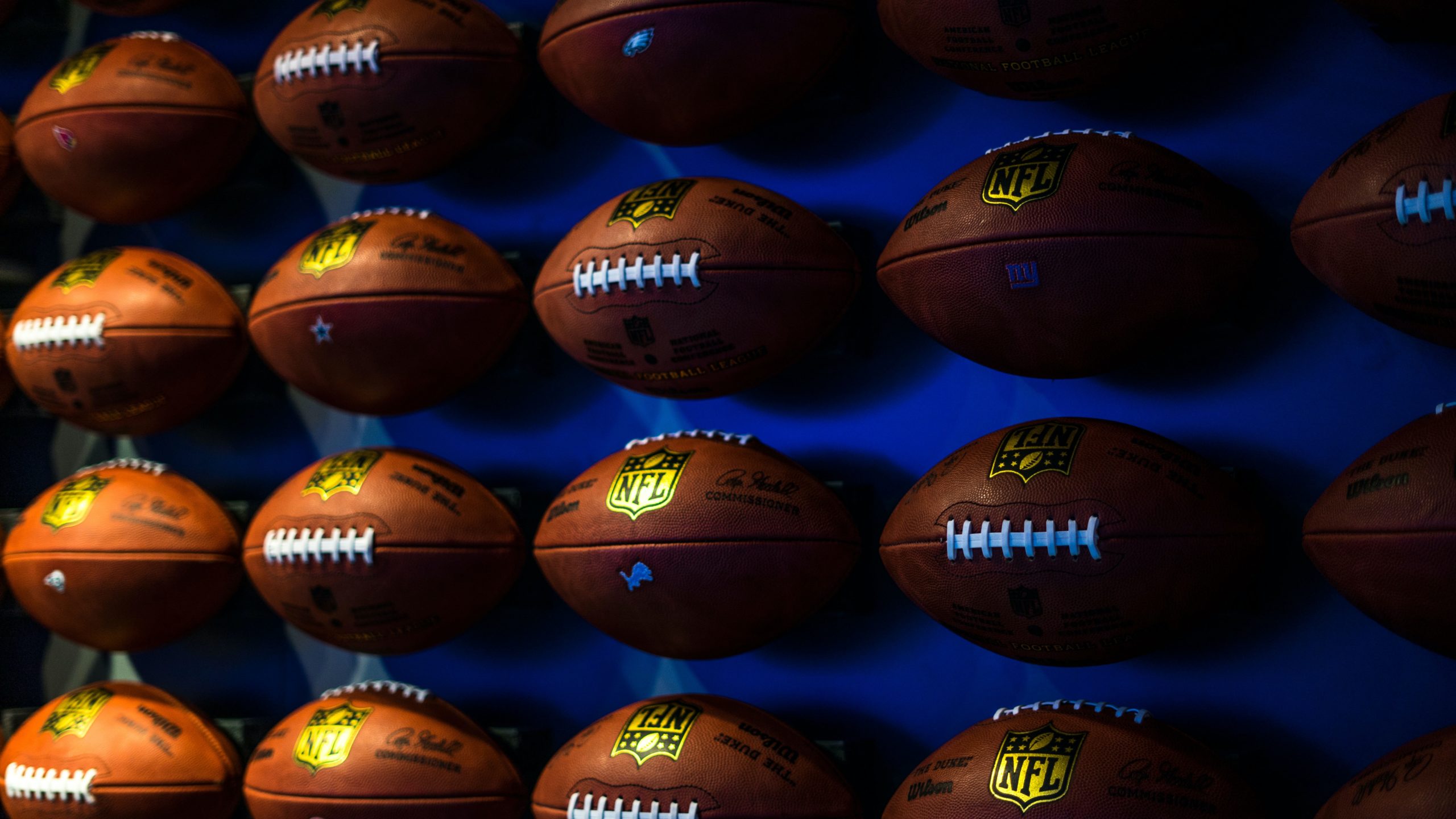In June 2018, legal sports betting in New Jersey became a long-awaited reality. There are currently eight online/mobile platforms offering sports gambling in New Jersey. To generate business through sports gambling marketing, the sportsbooks utilize the services of affiliates (i.e., entities and individuals involved in promoting, marketing, and directing business to online sports gambling websites).
The New Jersey Division of Gaming Enforcement (“DGE”), led by its Commissioner, David Rebuck, has regulated online gambling operators and affiliates in New Jersey since the commencement of online gaming in November 2013, which now includes online sports gambling within the State. In order to comply with the DGE’s regulations, licensed sportsbooks must only use licensed affiliates and these affiliates must only promote sportsbooks that are also licensed with the State.
The Rules for Sports Gambling Marketing
According to the DGE’s Director Advisory Bulletin published in June 2015 (the “2015 Bulletin”), “illegal online gaming sites which accept wagers from players in New Jersey pose a significant threat to the regulation of lawful gaming.” It follows then that affiliates of online gaming operators who also market illegal gaming websites pose a similar (and/or greater) threat to the regulation of lawful gaming in New Jersey. Indeed, in 2014, the DGE sent cease and desist letters to affiliates that were promoting unauthorized online gaming sites. A spokesperson for the DGE explained that where an affiliate is promoting both legal and illegal gaming, “this may either taint legitimate sites by associating them with the illegal ones, and conversely may lend the appearance that these illegal sites are affiliated with authorized sites.”
Sports Gambling Marketing Bulletin Issues a Warning
The DGE, in its 2015 Bulletin, warned that affiliates (including their owners, officers, and directors, regardless of any change in corporate ownership or structure) would be denied a license from the State if they were found to be marketing illegal gaming websites. The principles and warnings espoused in the 2015 Bulletin are directly applicable to affiliates who are now engaging in sports gambling marketing.
Against this backdrop, FanDuel Inc. sent an email to its partners/affiliates warning them not to engage in sports gambling marketing for unauthorized (and, for the most part, offshore) sports betting sites. Indeed, the risk of non-compliance with New Jersey sports gambling laws can result in severe penalties, including monetary sanctions, loss of New Jersey licensure, as well as the prospect of being deemed ineligible for future licensure in other state markets. In fact, DGE Commissioner Rebuck has cautioned that for operators and/or affiliates doing business with illegal sports gambling companies, “You will not get licensed in NJ. And I will fight you to get licensed in any state.”
Compliance with the Sports Gambling Law
If you are a sports gambling marketing company operating in New Jersey, it is imperative that you only work with licensed sports gambling operators. Compliance with New Jersey’s laws and regulations in this space can be lucrative. In fact, New Jersey surpassed Nevada by more than $1.5 billion in wagers placed in 2020, making it the state with the highest annual sports betting handle.
If you are interested in learning more about this topic or need assistance with applying for an affiliate license in New Jersey, please e-mail us at info@kleinmoynihan.com, or call us at (212) 246-0900.
The material contained herein is provided for informational purposes only and is not legal advice, nor is it a substitute for obtaining legal advice from an attorney. Each situation is unique, and you should not act or rely on any information contained herein without seeking the advice of an experienced attorney.
Attorney Advertising
This post was originally published on October 3, 2018 and updated on May 6, 2021.
Photo by Adrian Curiel on Unsplash
Related blog posts:
Agreement Reached to Enact NY Sports Gambling Law




